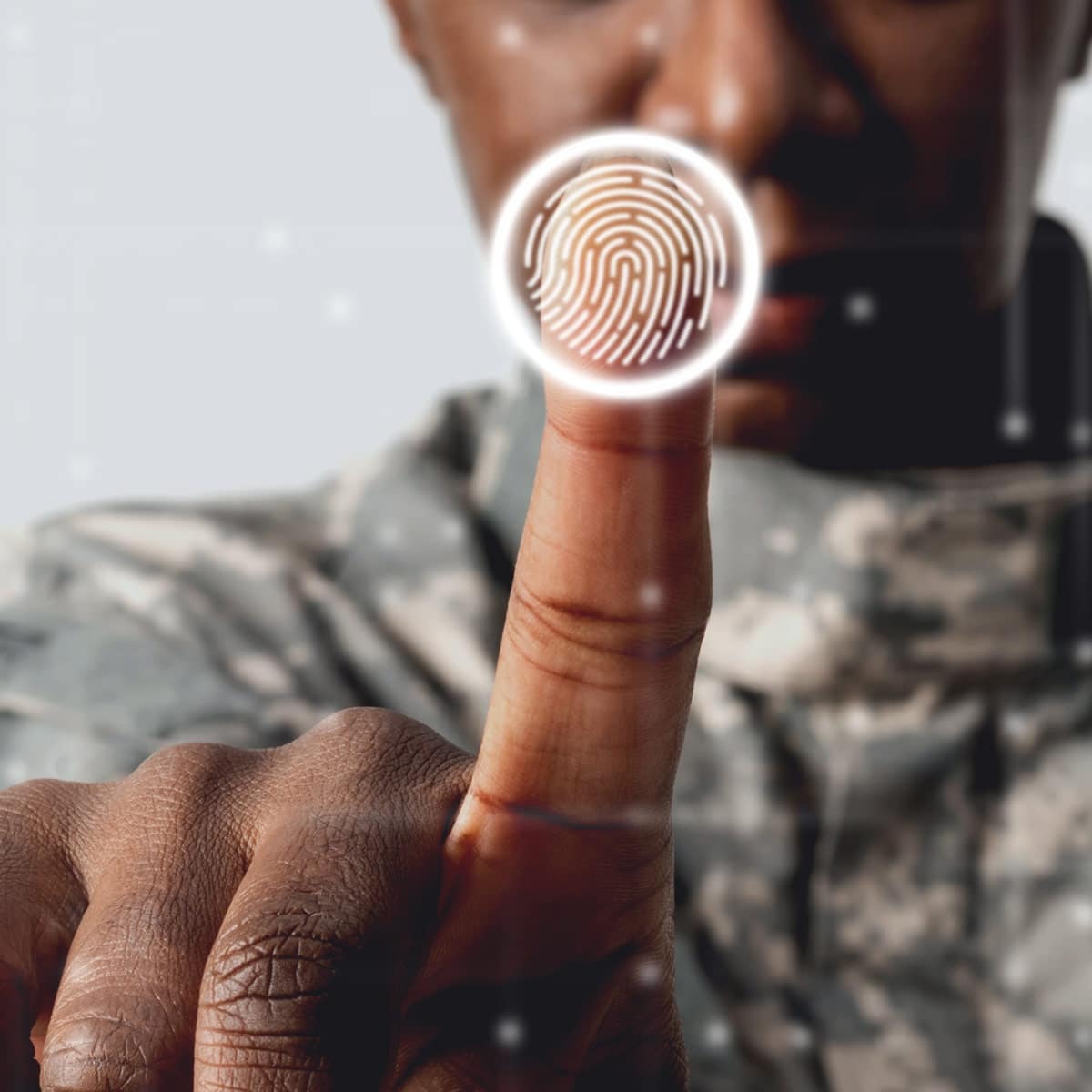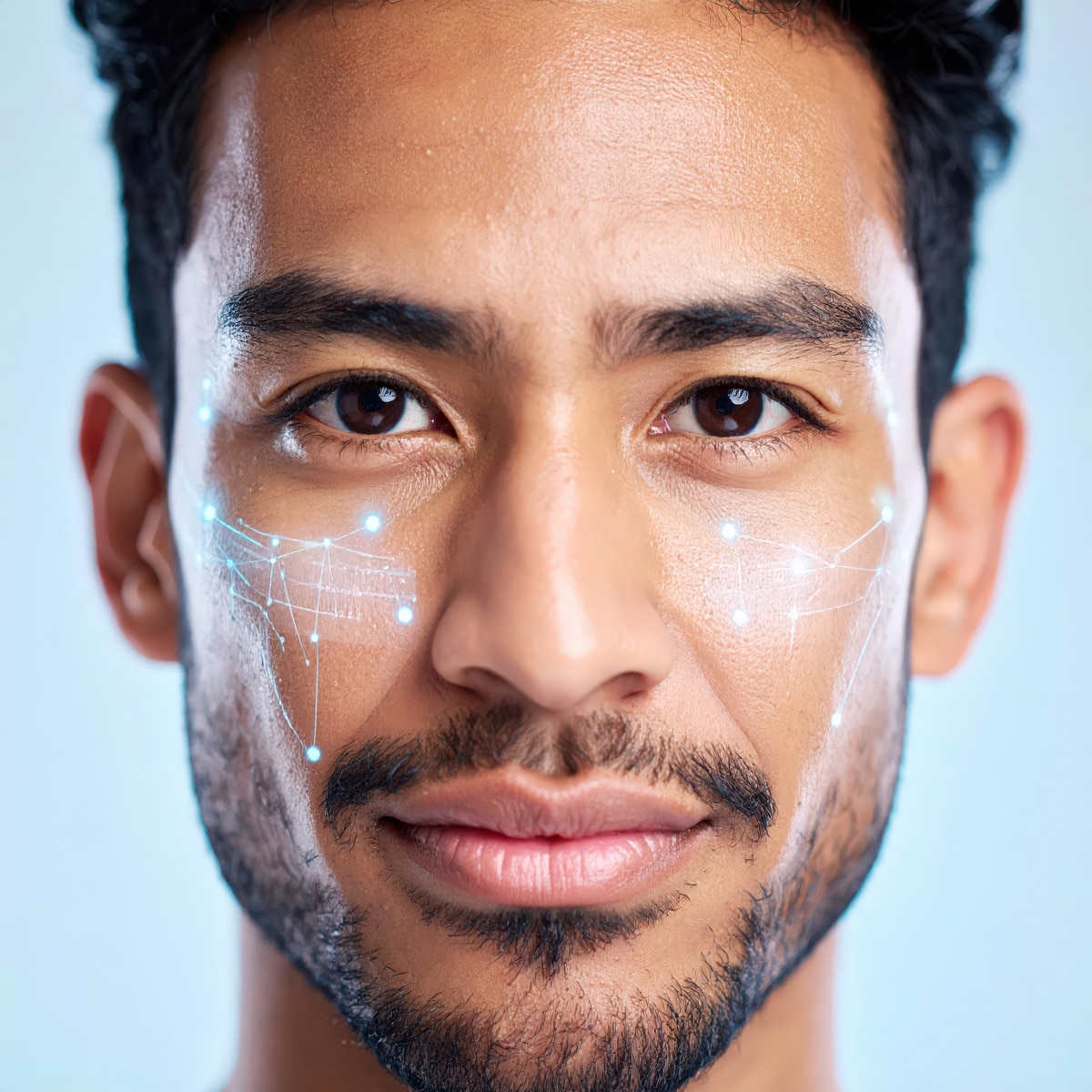The pandemic has given rise to greater adoption of financial technology or “fintech”. As a result, the “Fintech Revolution” has begun, with solutions designed to help companies, business owners and consumers better manage their financial operations, processes, and lives. Unfortunately, this increase, and increased frequency of digital transactions, has led to higher rates of fraud occurrence and loss. In particular, identity fraud and security issues are impacting the fintech industry and creates a sense of urgency to develop new prevention methods for the industry.
The Fintech revolution
People all over the world are rapidly adopting fintech solutions. In fact, the global fintech market will reach an estimated $190 billion by 2026, growing at 13.7% CAGR. Within the United States alone, there were 10,755 fintech startup as of November 2021, making it the region with the most fintech startups globally. Interestingly, China has the highest fintech adoption rate with 92% of fintech adoption by small and medium enterprises.
Unfortunately, with this rapid adoption and expansion of the fintech industry, comes issues of fraud and security for the market sector. During its earnings call for the fourth quarter of 2021, PayPal chief financial officer John Rainey said the company identified 4.5 million accounts that it believes “were illegitimately created.” As a result, its stock slumped 25% after it also reported that profits fell short of Wall Street expectations.
Since the pandemic began, fintech’s fraud issues have grown at a frightening pace. Car rental companies like Avis and Hertz stopped accepting cards from apps like Chime, Cash App and PayPal, and Chime users had money stolen from their accounts.. In addition, Robinhood created a list of banks that it bans transfers from as a way to stop the bleeding from fraud losses. PayPal’s latest fraud challenge admission begs the question of how other fintech companies are being impacted. The reality is that due to constant changes in technology and the increase in frequency and the volume of digital transactions, companies are not always fully equipped to prevent fraud. This is often because current fraud prevention techniques are rooted in manual detection, meaning that before a company can implement preventative measures, a form of fraud must be detected by an individual.
Stronger Security is Needed
The financial sector is no stranger to biometric technology. Many mobile banking apps use biometric authentication and remote onboarding has allowed for branchless banking at a time when r contactless solutions are needed. However, the fintech sector needs even stronger security methods that include biometric multi-factor authentication which can significantly reduce fraud risk for both consumers and businesses.
Multi-factor authentication (MFA) is a protection control that asks users to authenticate their identity. The goal of MFA is to create another layer of protection that makes it more challenging for any unauthorized person to get access to details of the customers like physical location, computing device, network, or database. To do this, MFA asks the user to provide multiple pieces of evidence before allowing access to a device or application, including:
- What the user understands: username, password, or PIN entry
- What the user has: a security code
- What the user is: a biometric capture (face, voice, fingerprint, etc.)
Reduce Fraud Rates with Biometrics
As criminals are becoming increasingly sophisticated and able to successfully bypass current fraud prevention methods in place, MFA provides users a seamless experience without compromising on solid security measures. Additionally, biometrics have become the gold standard for authentication and verification worldwide. Fintech companies should integrate the appropriate security protocols to execute MFA and reduce fraud rates significantly.



